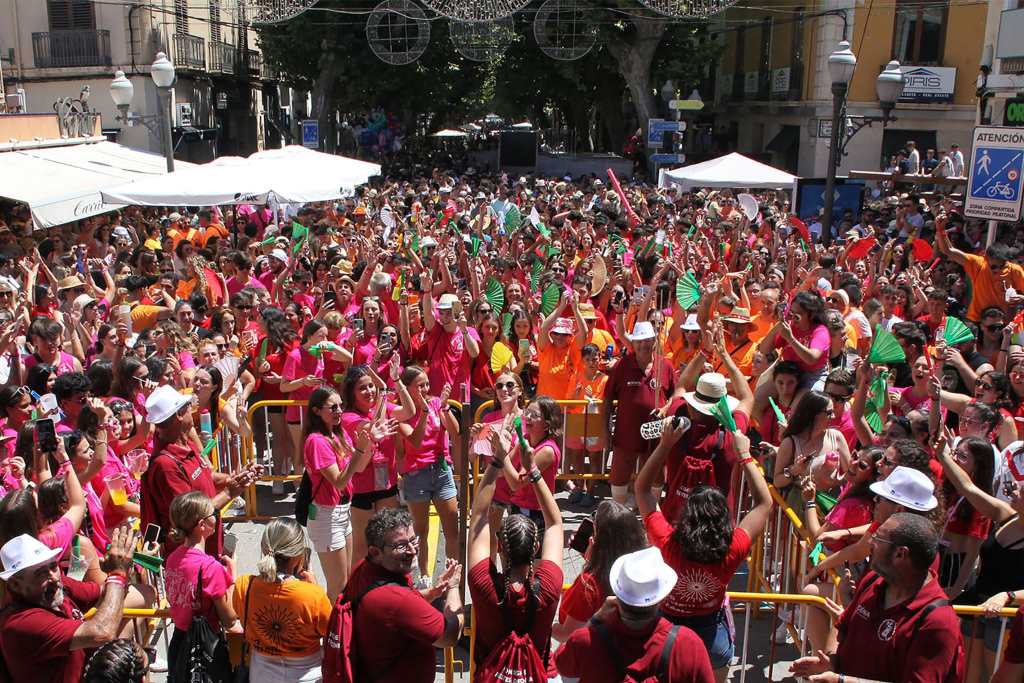
Are you coming to Spain? These 10 things might surprise you
- Categories SPANISH CULTURE
- Date 24 June, 2025
Spain is a country rich in history, culture… and customs that can baffle (and fascinate) those visiting for the first time. Here are 10 aspects of everyday Spanish life that most surprise foreigners.
1. Mealtimes: everything is delayed
One of the first cultural shocks is in relation to time. In Spain, lunch is eaten between 2:00 PM and 3:00 PM, and dinner can go as late as 10:00 PM. This especially surprises people from countries where dinner is usually had around 6:00 PM. And yes, Spaniards never eat dinner that early. All the people you see eating at 6:00 PM are, without a doubt, foreigners.
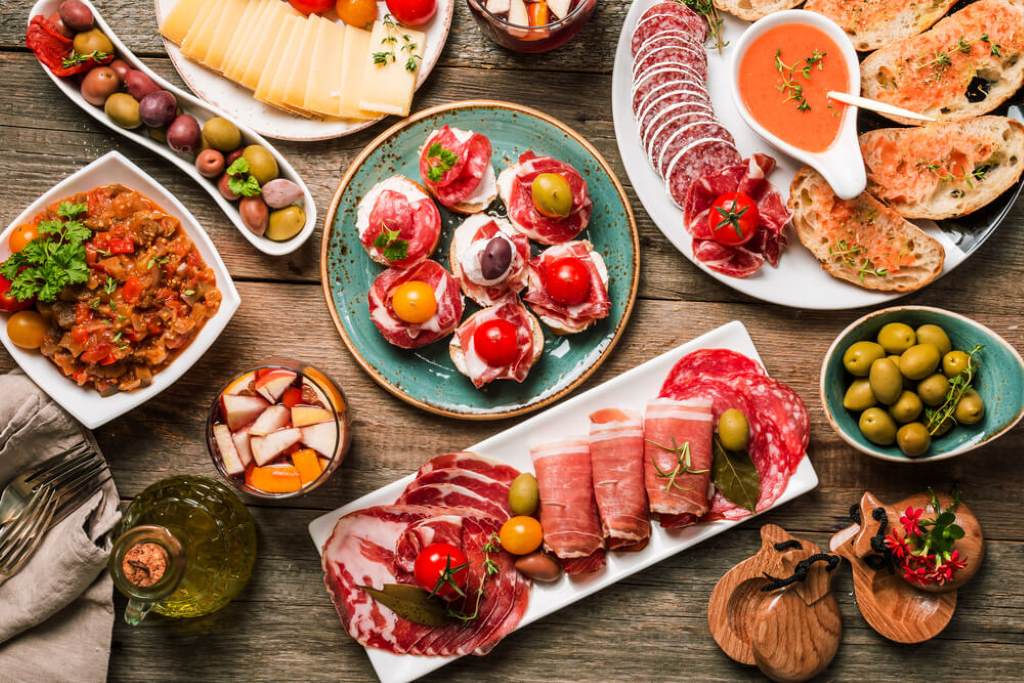
2. The afternoon nap: myth or reality?
Although the image of the Spaniard taking a daily nap is deeply rooted in people’s minds, in reality, only a minority practise it regularly. The pace of modern life in the cities has made “siestas” more of a luxury than a habit. But the myth persists… and continues to intrigue.
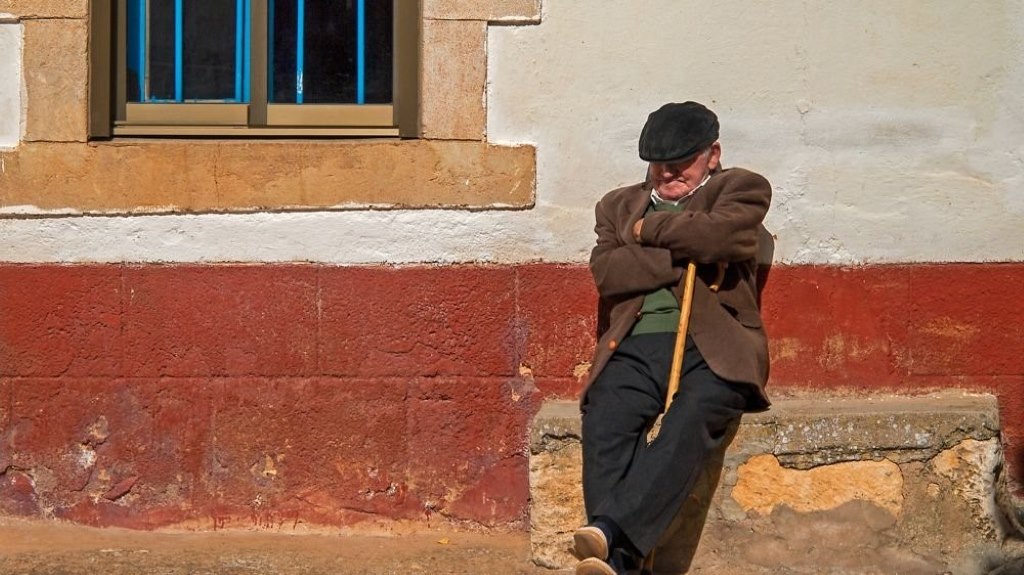
3. Life in the streets
Spain is synonymous with living outdoors. Whether on terraces, in plazas, or in bars, Spaniards love spending time outside, even during the week, often until late. The weather certainly helps, but above all, it’s cultural: streets are an extension of one’s home.
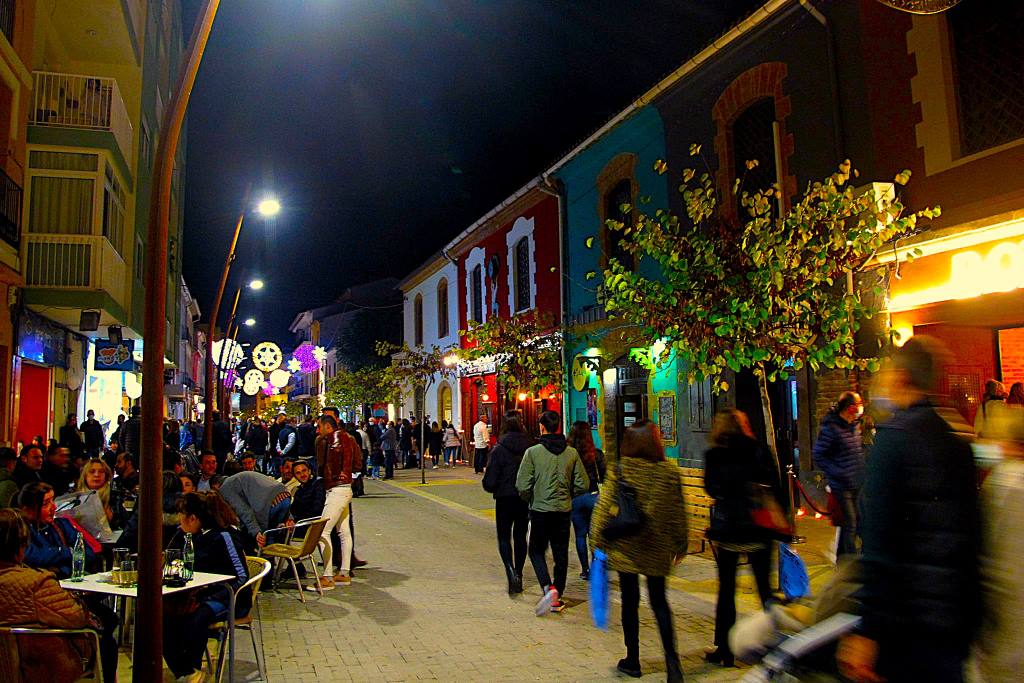
4. The loudness of conversations
To many visitors, Spaniards sound like they’re yelling. What may seem like an argument is often just a lively conversation. Expressiveness is a big part of Spanish character — and that includes speaking loudly, without any real anger.
5. Physical contact: the kiss and more
Giving one kiss on each cheek (even to someone you’ve just met) may surprise those from more reserved cultures. Plus, Spaniards tend to touch people more often when they speak — it might feel invasive, but it’s actually a sign of closeness and trust.
6. Flexible punctuality
In a professional context, punctuality is generally respected. But in social settings… let’s just say that there’s some flexibility. Arriving 10 or 15 minutes late to a dinner or meeting with friends is not just accepted — it’s often the norm. This can be disorienting for those whose cultures view punctuality as sacred.
7. Local festivals: every town has its own!
In Spain, every city or village has its own festival, fair, or romería. And these aren’t small events — they can last several days, with parades, concerts, processions, and much more. It’s a chance to see an entire village come alive and celebrate its local identity.
Generally, each town has one festival… but in Denia, there are three! Fallas in March, Saint Roque´s festivities in July, and the Moros y Cristianos festival in August.

8. An open and direct personality
Spanish spontaneity is something many foreigners appreciate (even if it takes some time getting used to it). People talk with their hands, show emotions without filters, and say what they think openly. It’s also common to strike up a conversation with a stranger in a bar or while waiting in line at the supermarket.
9. Eating is a social (and very important) act
In Spain, eating goes far beyond just feeding oneself — it’s a social ritual. Meals are often long, with a sobremesa (post-meal conversation), and it’s not unusual to spend hours at the table talking. Eating together is far more valued than eating alone and quickly. And of course… there’s always time for a good coffee afterward!
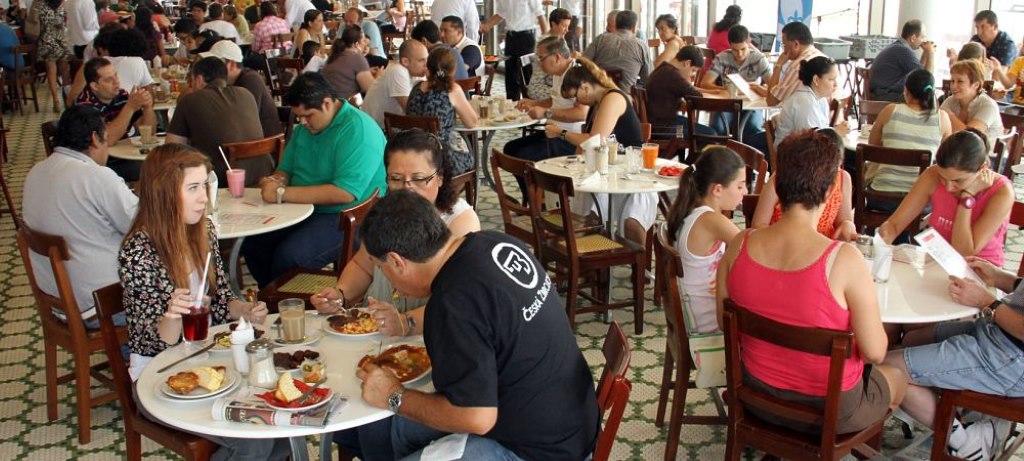
10. Regional diversity
From the outside, Spain may seem homogeneous… but that’s far from the case. The country has several co-official languages (Catalan, Basque, Galician…), and each region has its own cuisine, history, traditions — even its own outlook on life. Travelling through Spain is like visiting several countries in one.
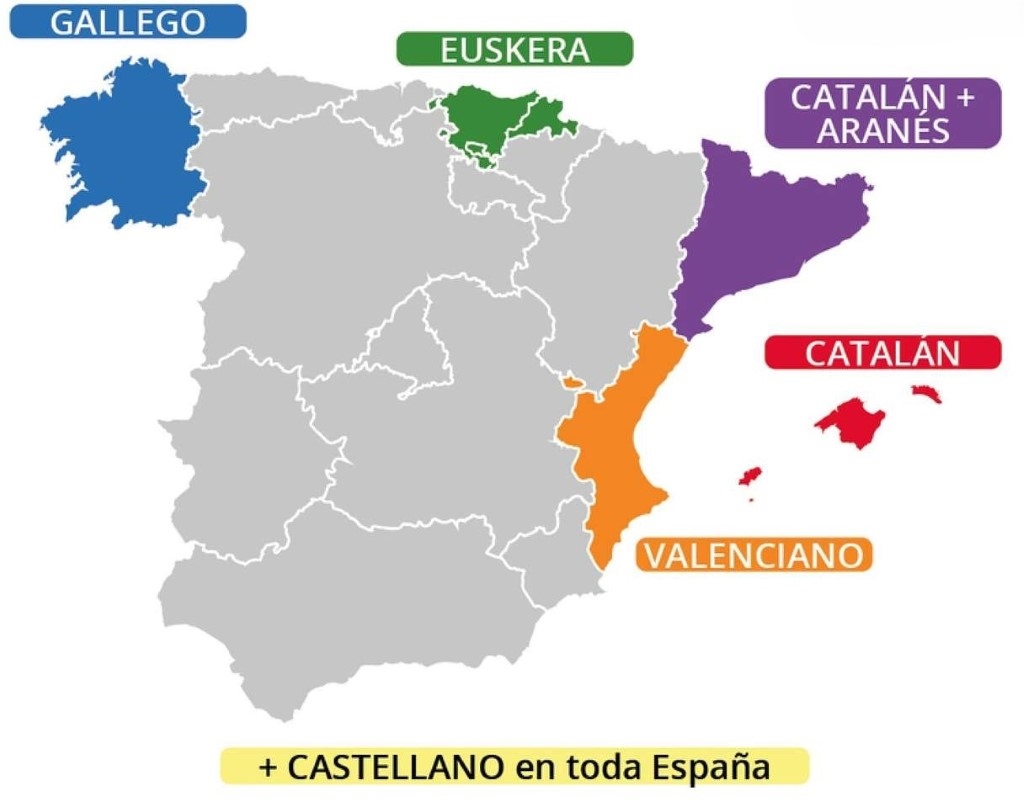
Conclusion:
Spain leaves no one indifferent. Its way of life, so different from that of many other countries, may be surprising at first… but quickly wins over travellers. In the end, most visitors leave with a smile, a funny story… and a strong desire to return!
Come to Spain to learn Spanish!
You may also like
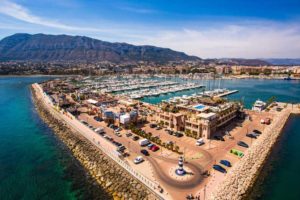
Why Study Spanish in Spain is a good idea?
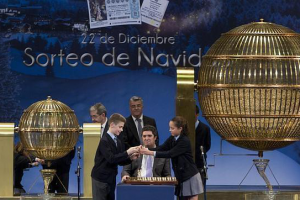
Christmas in Spain: main traditions

